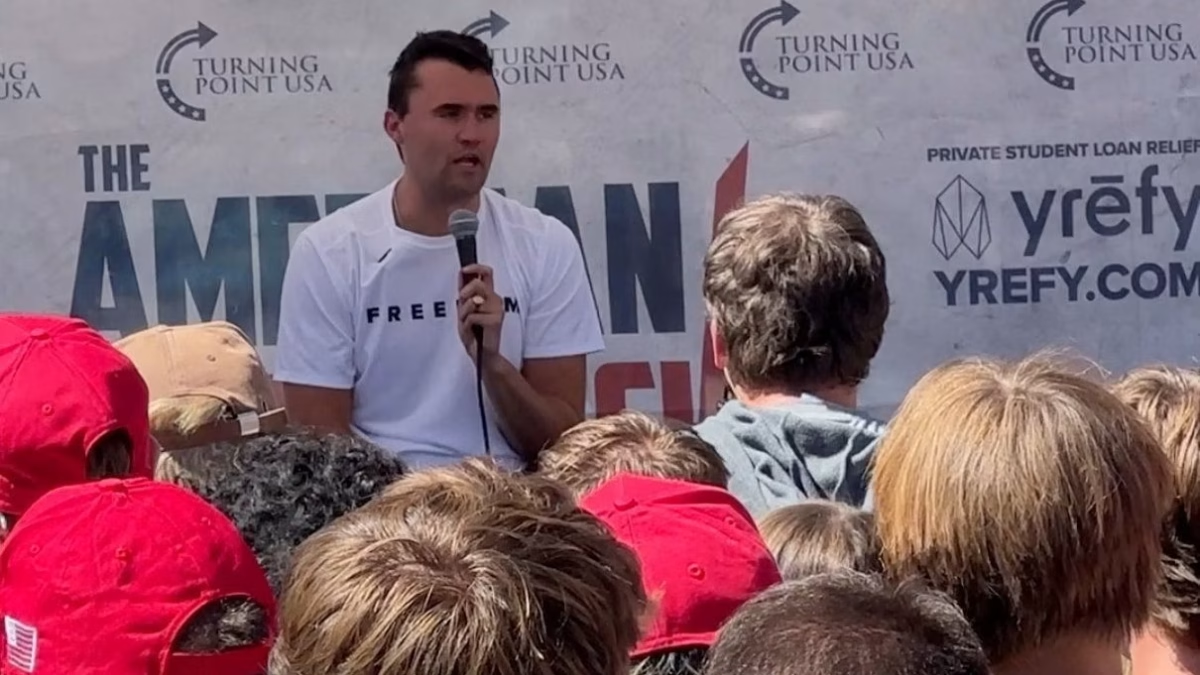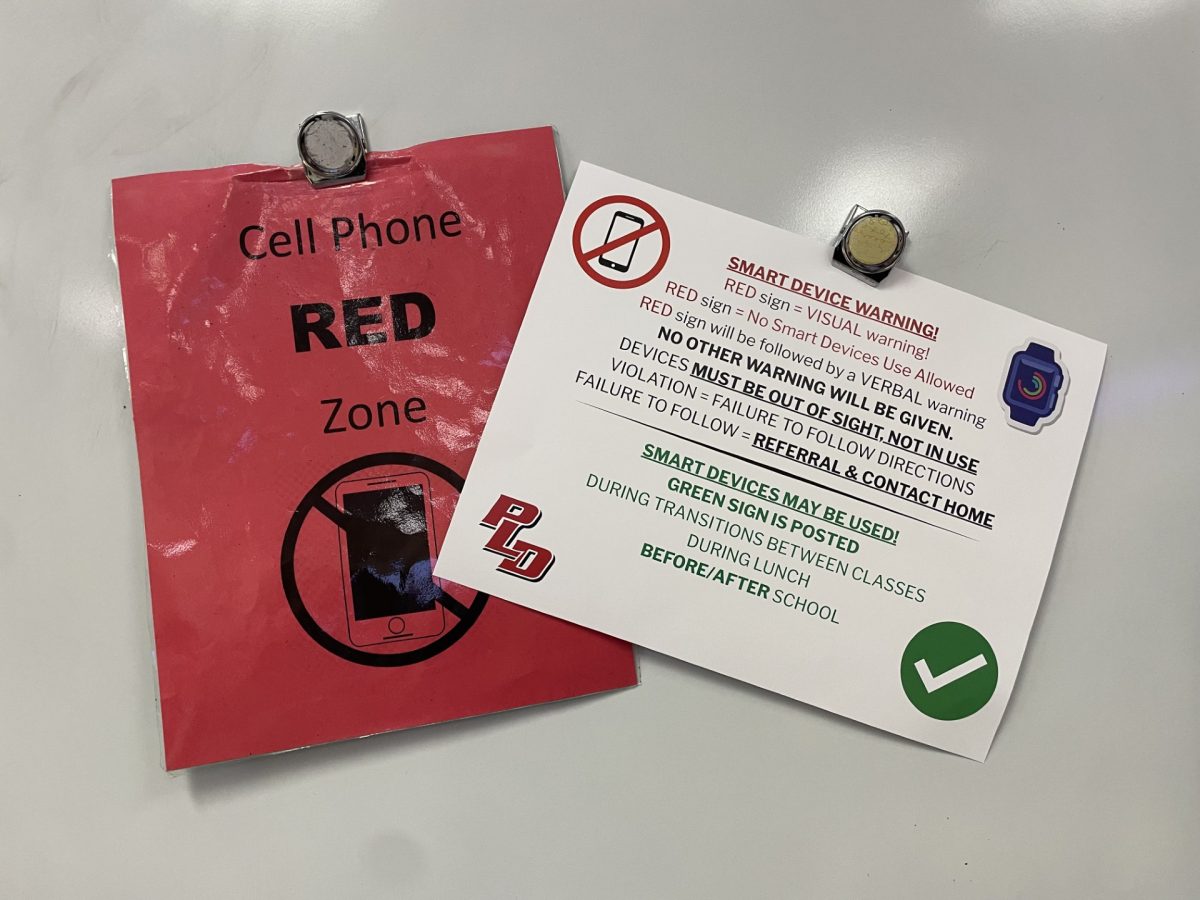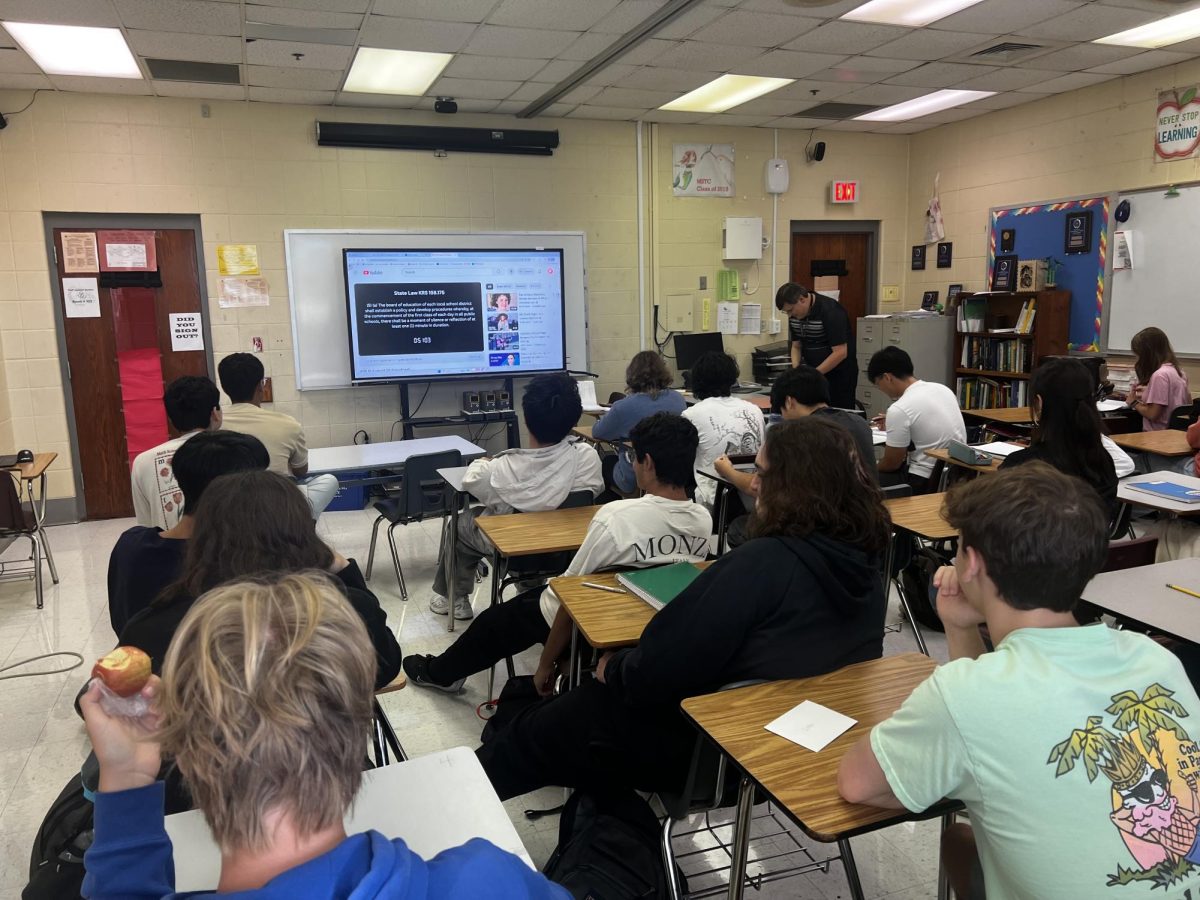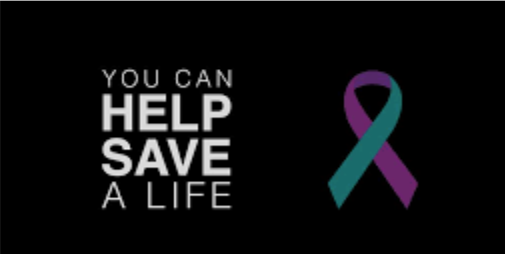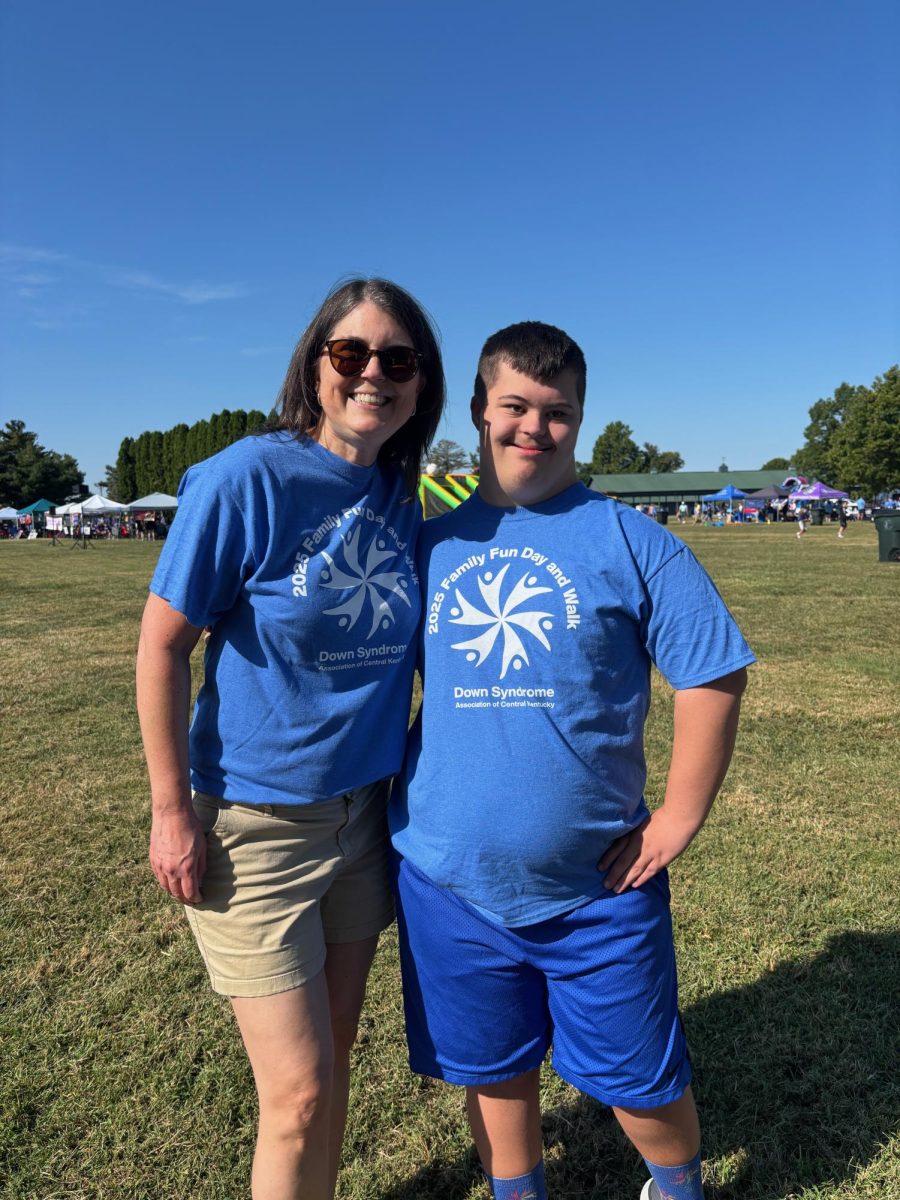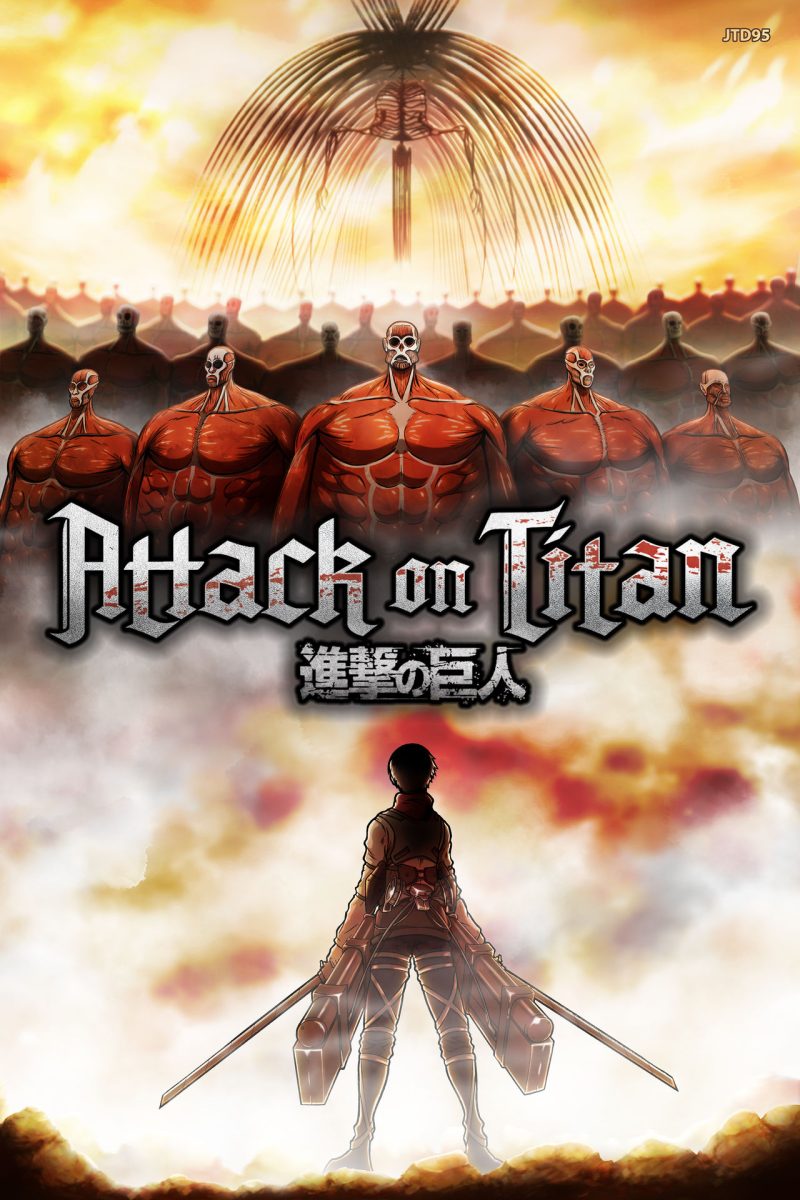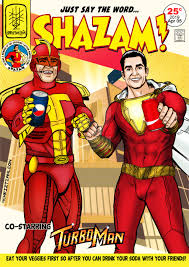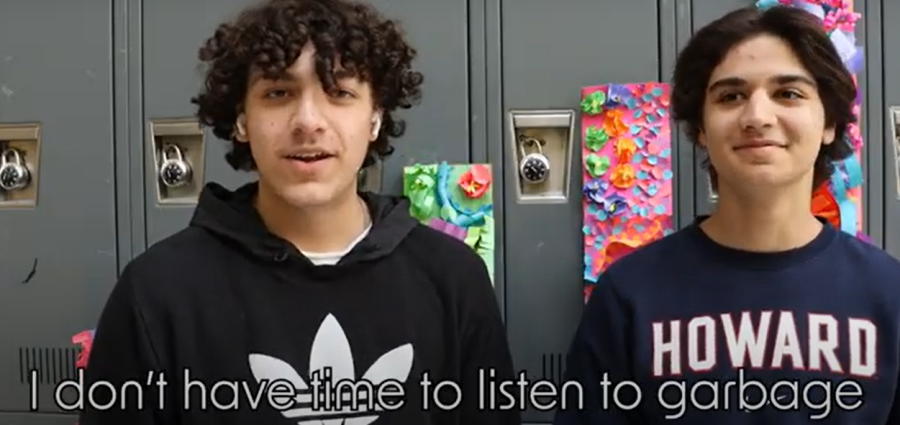On September 10, conservative political activist Charlie Kirk was hosting an event at Utah Valley University (UVU) through his organization Turning Point USA. He had gained fame and notoriety for his controversial open-mic style debates with students at various colleges, and this visit wasn’t supposed to be any different.
At 2:20 PM EST, while discussing mass shootings by transgender individuals with an attendee, he was shot once in the neck. According to NBC, the assassination was carried out from the rooftop of the UVU Losee Center, roughly 200 yards from where Kirk was sitting. Video of the shooting circulating on social media shows Kirk collapsing in his seat with heavy bleeding from the left side of his neck.
He was taken to a local hospital, where the Associated Press reported he was in critical condition. An hour later, President Donald Trump posted on his Truth Social Account to announce his death.
“No one understood or had the Heart of the Youth in the United States of America better than Charlie. He was loved and admired by ALL, especially me, and now, he is no longer with us,” he wrote. “Charlie, we love you!”
Soon after the shooting, NBC reported at 3:03 PM that officials from UVU told students a suspect was in custody. However, at 4:14, it was reported that the authorities had released him. The man, George Zinn, did not match descriptions of the shooter but was charged with obstruction of justice separately. Later, Zinn would admit that he lied to the police so that the real shooter would have time to escape (he had no connection to the shooter).
Authorities admitted that information about the shooter was limited to CCTV footage, where they discovered the shooter was dressed in all black clothing.
At 6:21 PM, FBI Director Kash Patel posted on X to confirm another suspect had been arrested. He wrote, “The subject for the horrific shooting today that took the life of Charlie Kirk is now in custody.” His statement that the suspect definitively “took the life of Charlie Kirk” exemplified the confidence of officials in the progress of the investigation. Still, the public would soon find out that this person of interest was also not the shooter.
At 7:59, Patel quoted his previous post, updating that the suspect in custody had since been released, leaving the assassin at large once again. Patel’s social media presence during the investigation was seen as unusual and brash. Former FBI agent Dan Brunner commented that “FBI investigations are not conducted by social media,” while Senator Dick Durbin (D-Illinois) stated that Patel’s posts caused “mass confusion.”
On September 13, the shooter was finally apprehended. Tyler Robinson, 22, was turned in to authorities by his father. A potential motive for the crime was discovered in Robinson’s texts to his partner and roommate, a transgender woman, where Robinson stated that he “had enough of [Kirk’s] hatred.” However, some are skeptical about the authenticity of these messages, including former Trump advisor Steve Bannon, who said that the texts read “too much like a script.” According to those close to him, he had become “increasingly concerned” with LGBTQ+ rights, which Kirk opposes.
Robinson has since been charged with aggravated murder, and prosecutors plan to seek the death penalty, according to NBC.
The shooting sparked swift and emotional responses from political figures across the country.
President Donald Trump ordered flags to be flown at half-staff nationwide and described Kirk as a “deeply admired” individual. Kirk played a significant role in Trump’s campaign for a second term in office, helping to spread Trump’s message to younger demographics.
Utah Governor Spencer Cox took a different approach, labeling the killing as a “political assassination” and pledging accountability.
“The investigation is ongoing, but I want to make it crystal clear right now to whoever did this, we will find you,” Cox said. “We will try you, and we will hold you accountable to the furthest extent of the law. And I just want to remind people that we still have the death penalty here in the state of Utah.”
While reflecting on the suspect, Cox admitted he had hoped the shooter was “not one of us,” but later acknowledged the attacker was indeed from Utah.
Others spoke out against political violence.
House Speaker Mike Johnson described the shooting as “detestable” and emphasized that political violence “has to stop.”
Senate Majority Leader John Thune supported the statement on X, writing: “There is no place in our country for political violence. Period, full stop.”
Additionally, survivors of political violence —including Gabrielle Giffords, Nancy Pelosi, Gretchen Whitmer, Josh Shapiro, and others—urged the public to reject such acts and strengthen political discourse. (AP)
Students and staff at Dunbar have expressed various sentiments and opinions on how news of the shooting has impacted them.
Some focused on freedom of speech.
“It doesn’t matter what he believes in—killing is wrong. If we continue to kill others based on their opinions, society isn’t going anywhere,” senior Akrawin Nontapan said.
Some were impacted by another act of gun violence.
“Regardless of his beliefs, the ease with which someone was able to end his life speaks to how prevalent and impactful gun violence is in the US,” junior Michael Fan said.
Others said they find the situation ironic.
“It’s darkly poetic that a person who advocates against gun control was shot and killed because of a gun,” senior Emma Natof said.
Students didn’t only look at it ironically, but also at face value.
“I feel like this is an extension of the sign that being a politician is one of the most dangerous jobs out there,” sophomore Evan Fomby said. “There are so many things happening in our world right now that in some people’s eyes, you can be a criminal just for being politically active.”
The political implications of the event seem to be unraveling, and some have postulated that the assassination could influence conservative opinion on gun rights.
Would this cause them to emphasize the need for more guns in self-defense, or will they acknowledge the risks and be more likely to support restrictions? According to Mr. Doug Wilkinson, a government teacher at Dunbar, the answer is neither.
“I have not seen any significant discussion regarding guns, gun rights, or gun laws,” he said. “At this point, there has been a great deal of discussion about free speech vs. hate speech, cancel culture, a debate over the ‘radicalized left’ vs the ‘radicalized right’, and lots of concern regarding security details and whether or not it’s safe to hold outdoor events or town hall meetings.”
These discussions have become amplified in recent days, especially following the suspension of Jimmy Kimmel’s late-night talk show on ABC following his comments that Trump and his “MAGA Gang” were deflecting blame and attempting to portray the shooter as “anything other than one of them.” Federal Communications Commission Chairman Brendan Carr said that this was misleading, as Robinson’s family said he had moved left politically in recent years (despite having grown up in a conservative family).
Others, like President Barack Obama, argued that his suspension was a result of “government coercion.”
Kimmel returned to late-night TV on Sept. 23. In his monologue, he clarified his comments by saying, “It was never my intention to make light of the murder of a young man…nor was it my intention to blame any specific group for the actions of what was obviously a deeply disturbed individual.”
For a full recount of the events, visit CNN.

